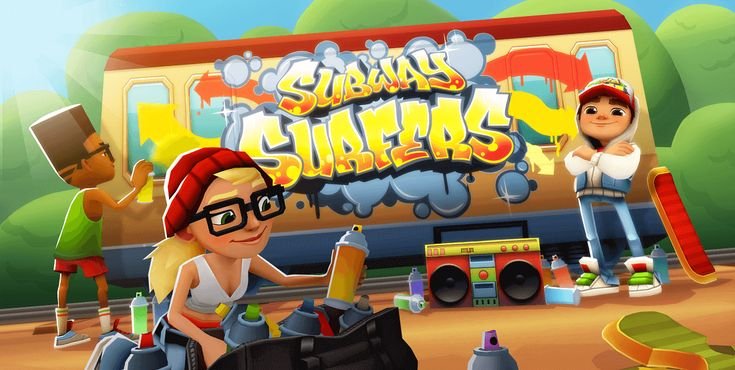Subway Surfers is one of the most popular mobile games of all time, boasting millions of downloads worldwide since its release in 2012. Co-developed by Danish companies Kiloo and SYBO Games, this endless runner game has gained a huge following for its vibrant graphics, simple mechanics, and engaging gameplay. However, in recent years, a tragic rumor has circulated on social media about its origin.
The Viral Tragic Story: A Heartbreaking Loss?

The rumor claims that Subway Surfers was created in memory of a developer’s son who tragically passed away while skating on train tracks. Supposedly, the game was meant to honor the boy’s love for skateboarding and the adventurous spirit he embodied.
This story quickly gained traction online, with many sympathizing with the supposed creator’s pain and admiring the heartfelt tribute through a game. The image of a grieving parent immortalizing their child’s passion touched the hearts of many players and fueled the game’s emotional connection to its fanbase.
Debunking the Myth: The Truth Behind the Game
Despite the heartwarming (and heartbreaking) nature of the viral story, it is entirely false. Multiple sources have debunked the tragic tale, clarifying that the game has no such personal backstory. According to various fact-checkers, including India Today and Republic World, the story is purely a myth, with no evidence linking the game’s creation to such a tragedy.
Subway Surfers was, in fact, a collaborative effort to create an exciting, fast-paced mobile game that capitalizes on the endless runner genre. The game’s vibrant and playful aesthetic, with its main character Jake evading a grumpy inspector and his dog, was purely a creative vision—not rooted in any tragic real-life event.
Conclusion: A Fun Game, But No Tragedy Behind It
The myth surrounding the tragic origin of Subway Surfers is an example of how stories can take on a life of their own online. While the game continues to bring joy to millions, it’s important to recognize that it was designed purely for entertainment, with no real-life heartbreak behind its development.





